There are four major wireless carriers in the U.S. and they all have a different approach to the same goal. Luckily for the consumers, this competition helps drive these companies to make a better product. No matter your needs, there is a carrier for you. However, Verizon continues to have one of the strongest and fastest LTE networks around and if you can find a plan in your budget, you should have a great experience.
Prices in this guide will be shown for one line on unlimited plans.
Best Overall: Verizon
While Verizon isn't always the top scorer for pure download speed, the size of its LTE network and the consistency of the connection makes it one of the best options for most people. While other carriers have been making great strides to keep up, Verizon hasn't slowed down. With a new focus on 5G deployment, Verizon is set to hold its lead in many peoples' minds. Data from sites like speedtest.net back this up, showing Verizon speed tests on LTE hit acceptable speeds more often.
Verizon offers a large number of plans ranging from full unlimited to more restrained shared data plans. Most customers should be able to find a plan that fits their needs. Included extras like Apple Music on many of its unlimited plans bring up the value even more. 5G is also included in all but the base unlimited plan and even then, it can be added for $10 per month.
Pros:
- Consistent LTE performance
- Large LTE footprint
- Wide range of plans
- Rapid 5G expansion
Cons:
- More expensive plans
- Not all unlocked phones supported
Best Overall
Verizon
Consistent LTE performance
Verizon continues its network supremacy with and offers a wide range of plans to use it. From shared data to unlimited, there's a fit for every customer.
Best Value: Sprint
Sprint wins fewer awards when it comes to network size and speed, but consistent improvement in both departments means that Sprint can still be a great option for many people. Sprint is willing to put its money where its mouth is too with an impossible-to-ignore promotion on its basic unlimited plan: offering up to five lines for $100 per month for a limited time. If you have good Sprint coverage and want to save some money, this is a great option.
Sprint's network also showed significant improvement in speed over 2018. Though it wasn't able to take the crown, the speed should be more than enough for most people in most places. Sprint is also busy deploying a mid-band 5G network on its 2500Mhz spectrum, providing more complete coverage than any other 5G network in 2019. Savings on unlimited plans with multiple lines make Sprint one of the best values in wireless.
Pros:
- Great discounts
- Growing coverage
- Rapid 5G deployment
Cons:
- Still one of the smallest networks
- Discounts for a limited time
Best Value
Sprint
Big discounts on a growing network
Sprint is improving its network and offering plans to let people try it a great price. Try out this growing network with a robust unlimited plan.
Best 5G Potential: T-Mobile
Band 71 is T-Mobile's 600Mhz LTE band. Long story short, this frequency is lower than most LTE bands and has much greater coverage potential. T-Mobile used this band to greatly expand its LTE coverage in 2019 and intelligently installed equipment that can output both 4G LTE and low-band 5G at this 600Mhz frequency when it deploys in early 2020. This 5G network will join T-Mobile's existing high-band 5G towers to cover 200 million people. This puts T-Mobile squarely in the lead for nationwide 5G coverage.
Even now, T-Mobile's LTE provides some of the fastest speeds around and the rapidly expanding coverage works well with the robust Magenta unlimited plans on offer. The base plan comes with unlimited talk, text, and data with the next plan up offering extras like Netflix and one hour of in-flight Wi-Fi with Gogo. Taxes and fees are even included in these premium plans.
It's worth remembering that T-Mobile is set to merge with Sprint at some point pending full goverment approval. With the addition of Sprint's spectrum the T-Mobile network is set to grow even stronger in the future.
Pros:
- Band 71 increases coverage
- 5G ready network equipment
- Competitive unlimited plans
Cons:
- Network still not the biggest
- Fewer plan options
Best 5G Potential
T-Mobile
Increased coverage and 5G capable with new equipment
T-Mobile continues its march to the top with better speed and coverage than ever. Unlimited plans let you make the most of this fast new network.
Best Speed: AT&T
AT&T has been investing in its network with a focus on speed, bringing it straight to the top in this category. While coverage and consistency continue to improve, there's no question that the AT&T LTE network, controversially called 5GE, is delivering great performance. Of course, it's always a good idea to make sure you have coverage, but chances are that you do.
AT&T has been pushing forward with 5G as well with a high-band network called mmWave alongside its backend network improvements. AT&T is also set to use the mid-band for 5G in the future, but it has yet to fully announce plans for that. While 5G is currently limited to business customers, an impressive 21 cities shows just how seriously AT&T is taking 5G.
AT&T has one of the widest ranges of plans available with unlimited and shared data plans. The unlimited plans come with goodies like live TV channels and a large number of on-demand programming. If you're a binge watcher on the move, AT&T is a great option.
Pros:
- Fast data speeds
- Large coverage area
- TV included with unlimited plans
Cons:
- Expensive plans
- Fewer extra features
- 5G currently limited to business customers
Best Speed
AT&T
I want to go fast
AT&T proves that it can keep improving its network with better speeds and competitive pricing. Add in TV so binge watchers don't have to stop.
Honorable Mention: Google Fi
Google Fi is the only MVNO on this list. This means that it doesn't build its own towers but uses the towers of other carriers. What's different about Google Fi is that it makes use of three different U.S. networks to create a unique coverage map compared to any other MVNO or carrier. While the price is a little steeper than most other carriers and fewer phones take full advantage of the service, it provides one of the best and most reliable wireless experiences.
Google Fi makes use of Sprint, T-Mobile, and US Cellular's networks, picking which towers provide the best connection automatically and seamlessly switching your phone to it without you even knowing. Google Fi also has access to networks all around the world and roams internationally effortlessly in over 200 countries. For all this to work properly, you'll need an approved phone.
Google Fi isn't likely to be the best fit for many people, but if you travel often and need a network that will work not only in the U.S. but nearly anywhere in the world, there are no substitutes. A flexible plan is available alongside an unlimited plan. If you use only a few gigabytes per month, the flexible plan will be a better deal. Unlimited is really only for the people that need fast speeds over 15GB.
Pros:
- Big combined network
- International roaming
- Bill protection prevents excessive overage
- Most GSM phones supported
Cons:
- Need specific phones for full network
- Expensive
- No extra features
Honorable Mention
Google Fi
A combined network and international roaming
Stay connected when you travel the world with Google Fi. A combined network in the U.S. means you'll have a strong and fast network most places you go.
Bottom line
While all of the big four carriers have shown significant growth in network quality and speed there were some definite standouts. If you plan to upgrade to 5G later in the year, there won't be a better option than T-Mobile with a low-band compatible phone. If you need to get connected on a budget, Sprint is willing to give massive discounts for multiple lines on its Unlimited Basic. When it comes to the whole picture there's still no substitute for Verizon's speed, quality, and balance of plans.
It's not the best in regards to speeds (that honor goes to AT&T) but it's consistent across a number of areas. Plus, it considers to improve in all those categories, and with 5G on the way, it's working on that rollout. Honestly, Verizon wins just on pure size, but it helps that it's great across the spectrum.
Credits — The team that worked on this guide
![]()
Samuel Contreras When Samuel is not writing about networking and carriers, he spends most of his time researching computer components and obsessing over what CPU goes into the ultimate Windows 98 computer. It's the Pentium 3.
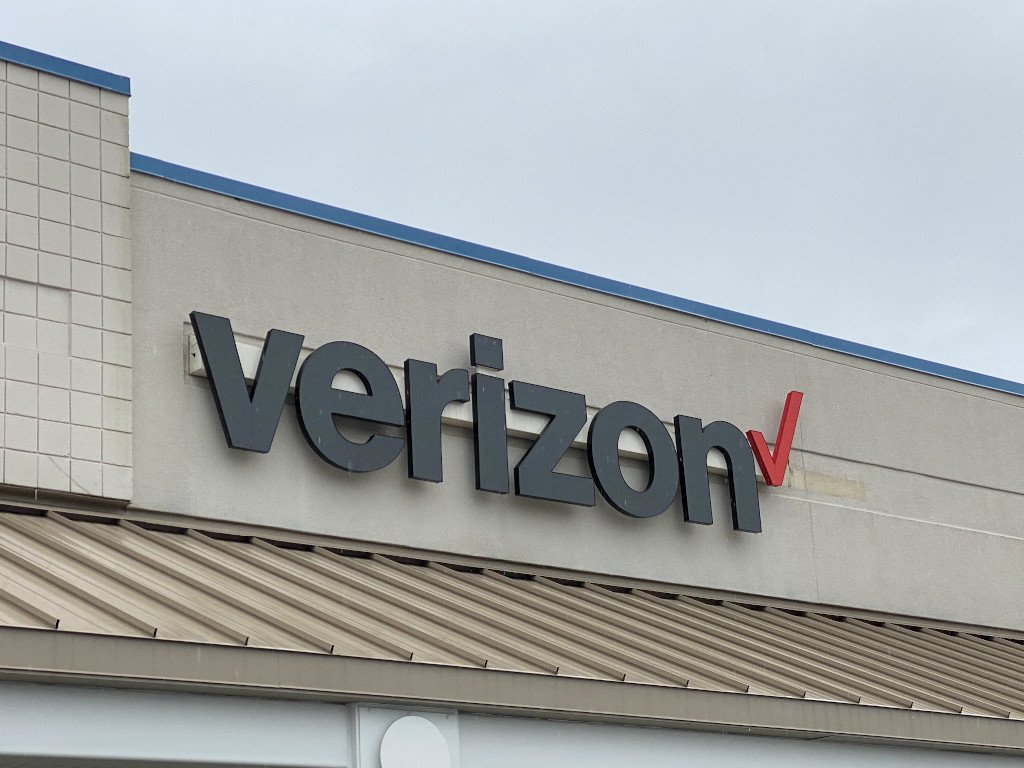

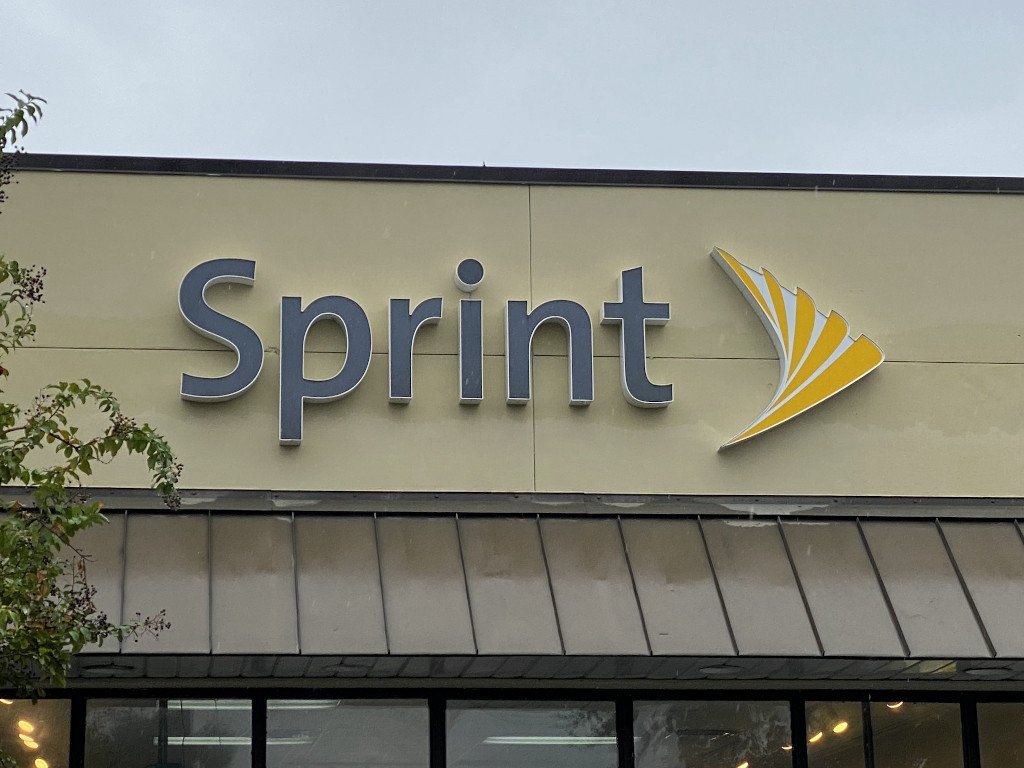
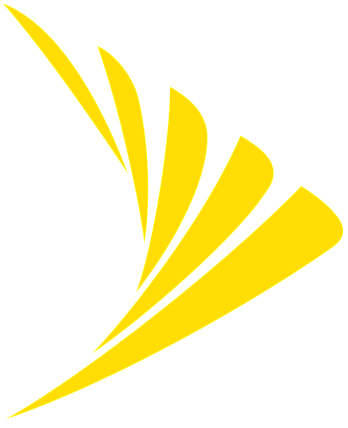
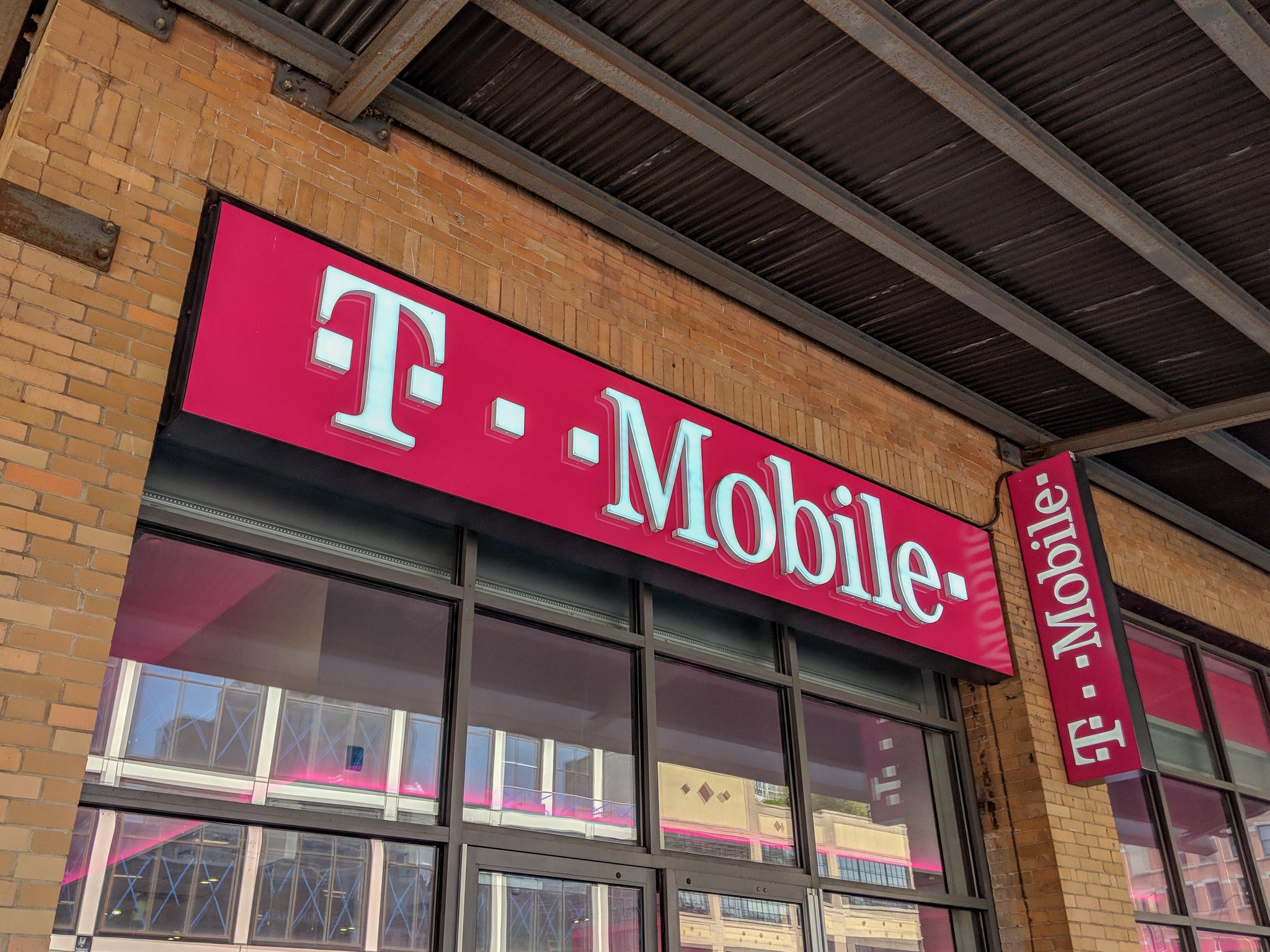

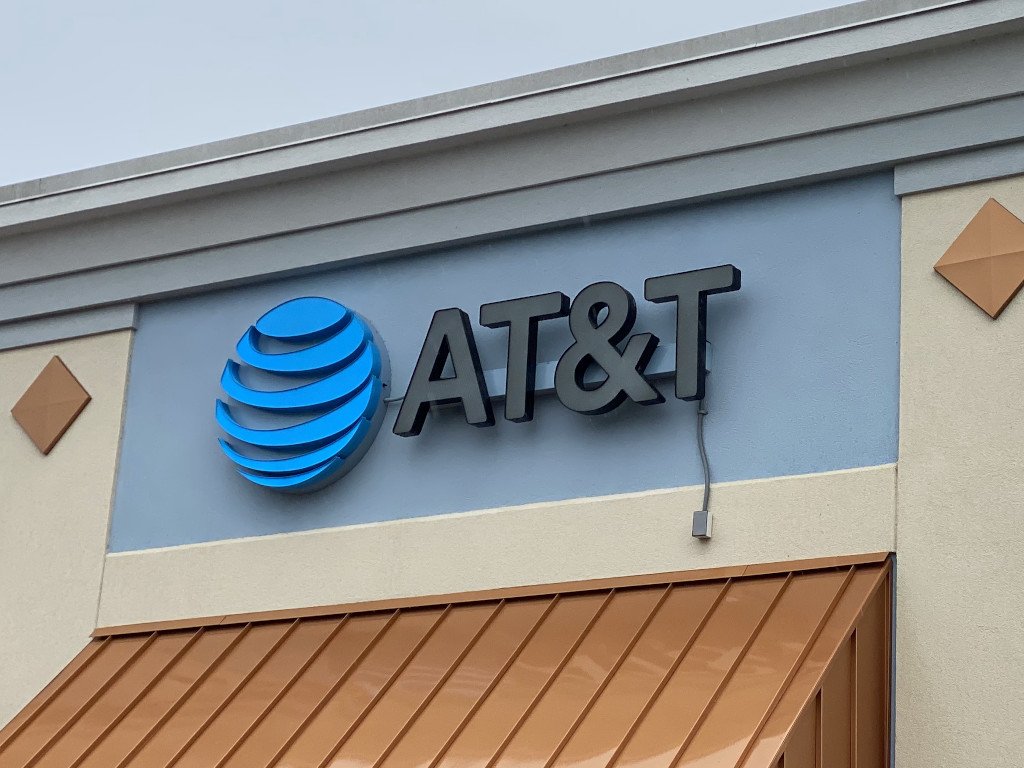



Tidak ada komentar:
Posting Komentar